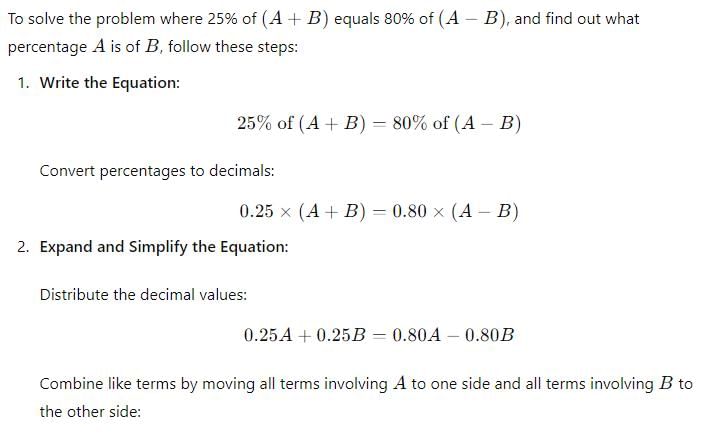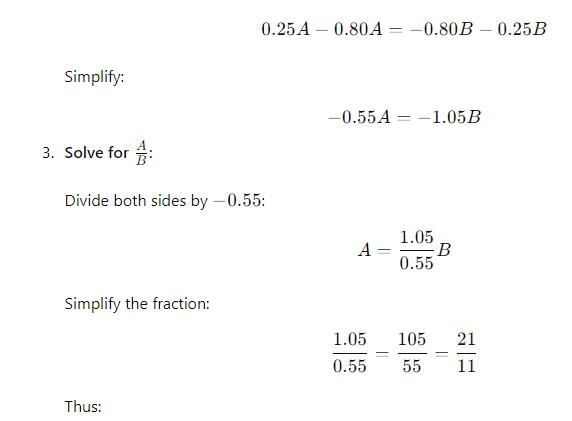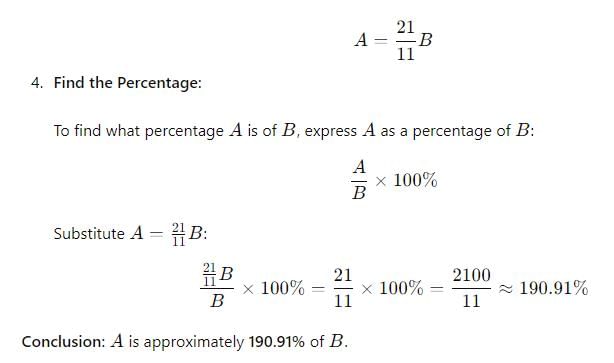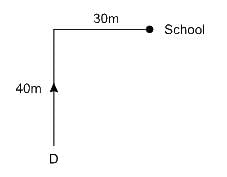HTET TGT Social Studies Mock Test - 8 - HTET MCQ
30 Questions MCQ Test - HTET TGT Social Studies Mock Test - 8
Raja, a student of your class, is very tense due to the acne on his face. What will you do?
Directions: Answer the following question by selecting the most appropriate option.
Gender discrimination in a classroom
Gender discrimination in a classroom
Who is mainly responsible for classroom management?
When children learn a concept and use it, practice helps in reducing the errors committed by them. This idea was given by:
Sita and her cousin Rakesh are twelve years old. Sita is not allowed to stay in the playground after 6 pm while her brother Rajesh plays till 7 pm in the same playground. This is called:
Learning disability, which is related to reading and language comprehension is called
“भगवान श्रीराम के अयोध्या लौटने पर प्रजा ने खुशियाँ मनाई थी।” वाक्य में रेखाँकित शब्द के लिए सही मुहावरा है-
यहाँ वाक्य दिया गया हैं। प्रत्येक वाक्य में चार विकल्प हैं। इनमें से जो शुद्ध वाक्य हो उसके लिए निर्धारित (A), (B), (C) और (D) में से कोई एक उत्तर के रूप में उत्तर पत्रक में चिह्नित कीजिए।
इस समस्या की औषध उसके पास है।
The average of 80 numbers is 105. The average of the first 21 numbers is 104 and that of the next 57 numbers is 103. What is the average of the last two numbers?
If 25% of (A + B) = 80% of (A – B), A is what percentage of B?
Direction: Read the given instructions carefully and answer the questions given beside.
In which direction is D’s home from the school?
I. D moved a distance of 40m towards north. From there he turns to the right and walked for 30m and reached school.
II. D is facing south. He turns right and walk for 100m. After that he turned to the left walk for 50m and reach home.
'Indolence' is related to 'Work' in the same way as 'Taciturn' is related to:
Which of the following sentences is correct?
National Rural Employment Guarantee Act was implemented in which one of the following years ?
Given below are the names of four energy crops. Which one of them can be cultivated for ethanol?
[2010]
Jehangir’s faithful general Mahabat Khan revolted against him in 1626 A.D. because
This helps to create an opportunity for the producers to reach beyond the domestic market ?
Which of the following kings was the founder of Gahadavala dynasty with Kanyakubja as its seat of power?
Which body exposed to the world about the prisoners at Guantanamo Bay were being tortured in ways that violated the US laws?
What will happen if the government fails to provide 100 days employment under NREGA ?
The term Jana is used 275 times in the Rig Veda.How many times the term janapada is used in the Rig Veda?
Assertion (A): Chandragupta Maurya's conversion to Jainism significantly impacted the spread of the religion in South India.
Reason (R): Chandragupta Maurya's patronage provided Jainism with the royal support necessary for its expansion and establishment in new regions.
How much is the Mauna Kea higher than Mount Everest ?
Which one of the following sectors is associated with the manufacturing industries?
From which of the following countries did Tipu seek help to expel the British from India?
I. Afghanistan
II. Arabia
III. France
IV. Russia



















